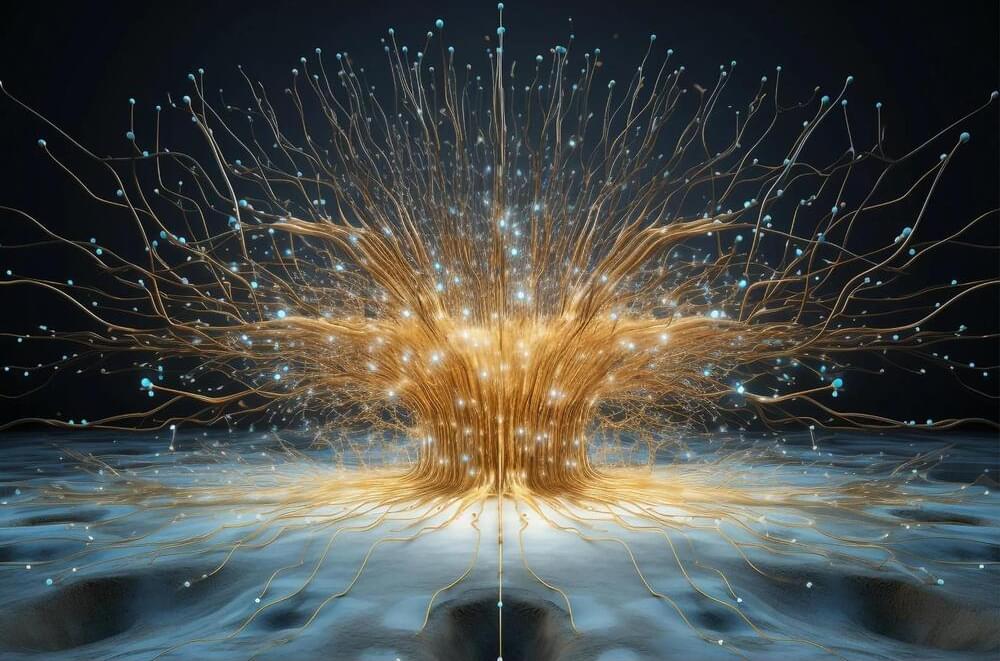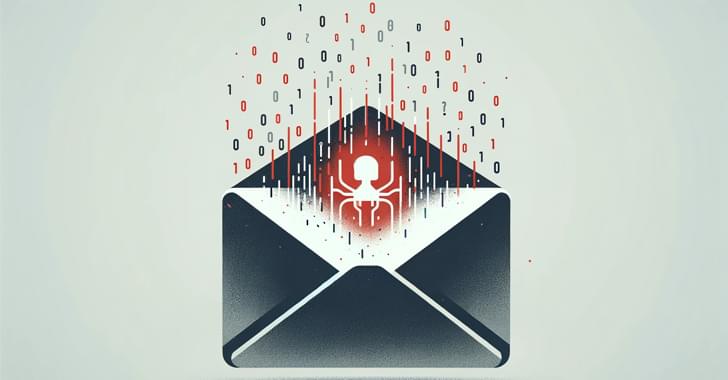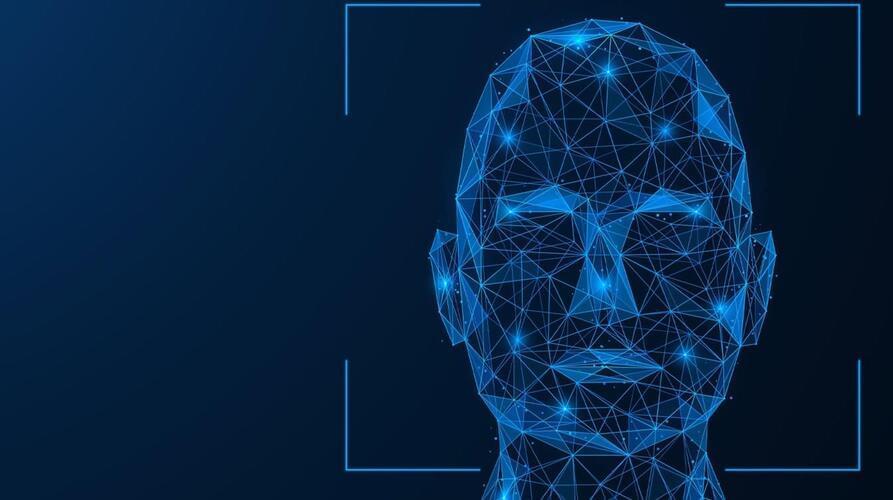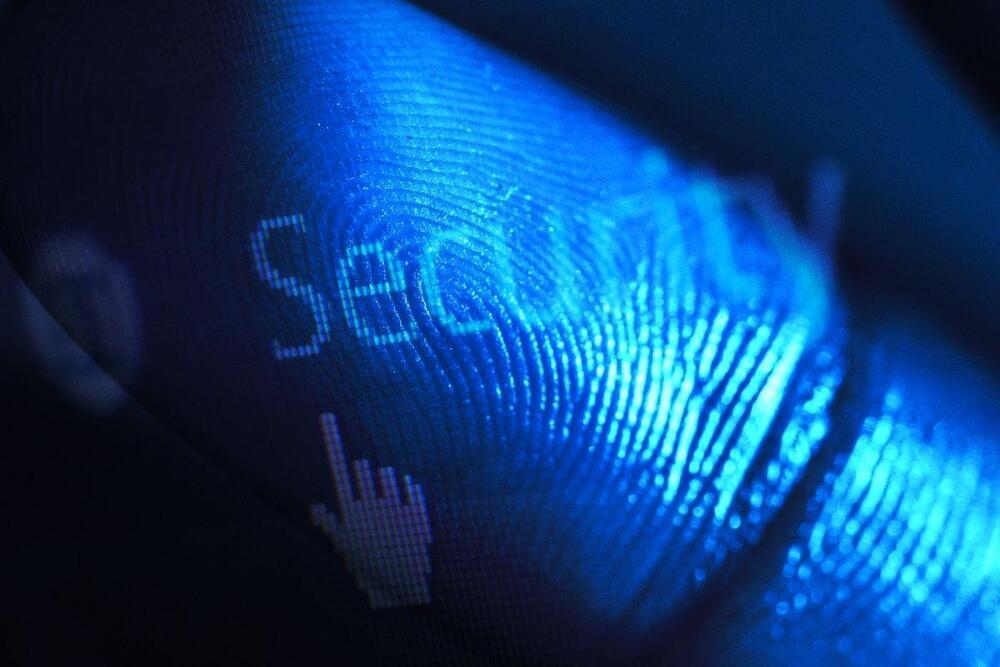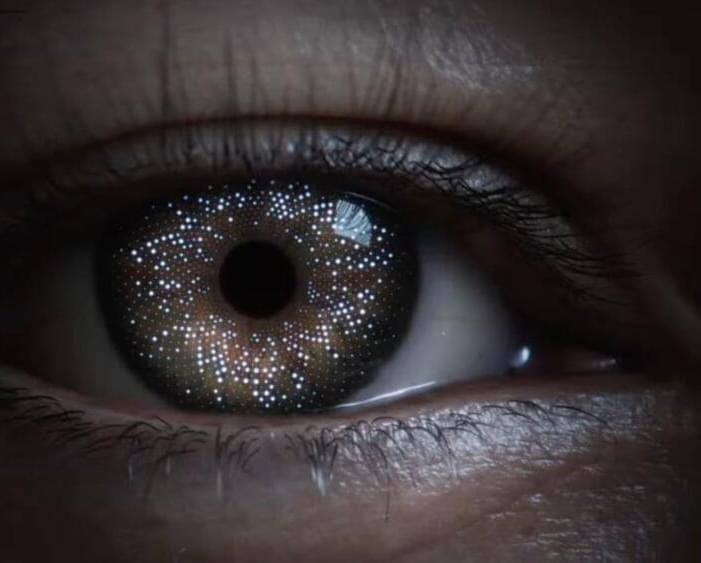Large language models have emerged as a transformative technology and have revolutionized AI with their ability to generate human-like text with seemingly unprecedented fluency and apparent comprehension. Trained on vast datasets of human-generated text, LLMs have unlocked innovations across industries, from content creation and language translation to data analytics and code generation. Recent developments, like OpenAI’s GPT-4o, showcase multimodal capabilities, processing text, vision, and audio inputs in a single neural network.
Despite their potential for driving productivity and enabling new forms of human-machine collaboration, LLMs are still in their nascent stage. They face limitations such as factual inaccuracies, biases inherited from training data, lack of common-sense reasoning, and data privacy concerns. Techniques like retrieval augmented generation aim to ground LLM knowledge and improve accuracy.
To explore these issues, I spoke with Amir Feizpour, CEO and founder of AI Science, an expert-in-the-loop business workflow automation platform. We discussed the transformative impacts, applications, risks, and challenges of LLMs across different sectors, as well as the implications for startups in this space.
